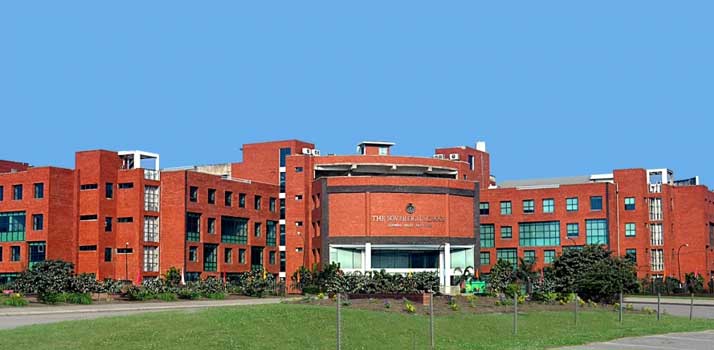Choosing the proper educational framework for your child is a critical decision that impacts their academic and personal development. Parents often choose between the International Baccalaureate (IB) and the national curriculum, both of which are offered at various international primary schools in Singapore. This article provides a detailed comparison of these two educational systems to help you make an informed decision.
Overview of the International Baccalaureate
The International Baccalaureate (IB) program in Singapore offers a globally recognised educational framework to foster critical thinking, intercultural understanding, and academic excellence. The IB program is known for its rigorous standards and emphasis on holistic education. It includes the Primary Years Programme (PYP), Middle Years Programme (MYP), and Diploma Programme (DP), each catering to different stages of a student’s development.
- Curriculum Focus: The IB curriculum emphasises inquiry-based learning and encourages students to explore subjects in-depth. It integrates various disciplines, promoting a well-rounded education that includes language acquisition, social studies, science, and the arts.
- Global Recognition: The IB program is recognised by universities worldwide, offering students a competitive edge in higher education admissions. It prepares students for a globalised world by encouraging them to think critically and act responsibly.
- Holistic Approach: The IB framework focuses not only on academic achievement but also on the development of personal and social skills. It includes components like community service and reflective practices, which contribute to a student’s overall growth.
Overview of the National Curriculum
In contrast, the national curriculum in Singapore is tailored to meet local educational standards and requirements. It is designed to provide a structured and comprehensive education that aligns with the country’s educational goals.
- Curriculum Focus: The national curriculum emphasises core subjects such as English, Mathematics, Science, and Humanities. It follows a set syllabus that ensures all students receive a consistent and high-quality education across the nation.
- Local Relevance: The national curriculum is designed to cater to the needs and values of Singapore’s society. It incorporates local culture, history, and current affairs, ensuring students are well-informed about their country.
- Structured Approach: The curriculum is highly structured, with specific learning objectives and assessments at each stage. This approach aims to ensure that students achieve the necessary academic standards and are well-prepared for national examinations.
Comparing the Two Systems
When deciding between the IB schools in Singapore and schools following the national curriculum, consider the following factors:
- Educational Philosophy
- IB Schools: Emphasise inquiry-based learning, critical thinking, and global perspectives. The IB framework encourages students to take responsibility for their education and engage in a broad range of subjects.
- National Curriculum: Focuses on a structured approach with a strong emphasis on core academic subjects. It aims to ensure that all students meet national educational standards and are prepared for standardised tests.
- Assessment Methods
- IB Schools: Utilise a combination of internal assessments and external examinations. The IB’s assessment methods are designed to evaluate a student’s understanding of concepts and ability to apply knowledge in various contexts.
- National Curriculum: Relies on standardised testing and national examinations to assess student performance. These assessments gauge students’ proficiency in specific subjects and ensure consistency across schools.
- Global vs. Local Perspective
- IB Schools: Offer a global perspective by incorporating international content and encouraging students to think beyond local contexts. The program is designed for students pursuing higher education abroad or in international environments.
- National Curriculum: Provides a local perspective, integrating Singaporean culture and societal values. This approach ensures that students are well-grounded in their national identity and prepared for local educational and career paths.
- Flexibility and Customisation
- IB Schools: Allow for more flexibility in learning, enabling students to pursue subjects that interest them and engage in interdisciplinary projects. This flexibility supports personalised learning and encourages students to explore their passions.
- National Curriculum: Offers a more rigid structure with a set syllabus that all students must follow. This structure ensures that all students receive a consistent education but may limit opportunities for specialised or elective subjects.
In summary, both educational systems offer unique benefits, and the best choice will depend on your child’s needs and educational priorities.
Contact EtonHouse today for more information.




